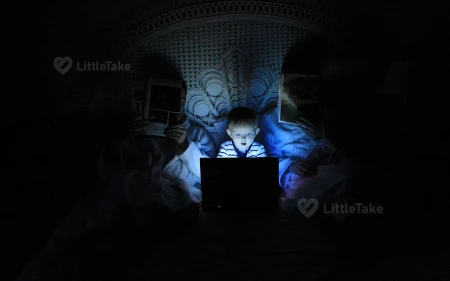
Internet Safety Lessons for Kids
The internet offers a wealth of information and opportunities for kids to learn and grow, but it's essential to teach them how to stay safe online. In this article, we'll explore some key internet safety lessons that can help keep children protected while they navigate the digital world.
1. Keep Personal Information Private
Teach kids never to share their full name, address, phone number, or other personal information with anyone online. Creating a fun, memorable nickname for online use can help protect their identity and maintain privacy.
2. Be Cautious with Online Friends
Encourage children to be cautious when making friends online. Explain that not everyone online is who they claim to be, and it's important to never share personal information or arrange to meet someone in person without a parent's permission.
3. Cyberbullying Awareness
Help kids understand what cyberbullying is and how to handle it if they encounter it. Encourage them to report any instances of cyberbullying to a trusted adult and remind them not to engage in harmful online behavior themselves.
4. Set Boundaries on Internet Use
Establish clear guidelines for when and how long children can use the internet. Encourage a balance between online and offline activities, and monitor their internet usage to ensure they are accessing age-appropriate content.
5. Recognize Online Scams
Teach kids to be wary of online scams and phishing attempts. Explain that they should never click on suspicious links, download unknown files, or share personal information with unverified sources.
Real-Life Example: Internet Safety for Sam
Sam, a curious 10-year-old, loves exploring the internet to learn about animals and science. His parents wanted to ensure that Sam could continue his online adventures safely, so they decided to teach him some crucial internet safety lessons.
Sam's parents sat down with him and discussed the importance of keeping his personal information private, using a fun nickname for online activities, and being cautious when making friends online. They also talked about cyberbullying and explained how to recognize and report it if he ever encountered it.
Together, they established guidelines for Sam's internet use, including designated screen time and a list of approved websites for him to visit. They also discussed the dangers of online scams and the importance of being cautious with links and downloads.
Conclusion
By teaching kids essential internet safety lessons and setting boundaries, parents can help their children enjoy the vast educational and entertainment resources available online while minimizing potential risks. Remember, open communication and ongoing guidance are key to fostering a safe and enjoyable online experience for your child.













